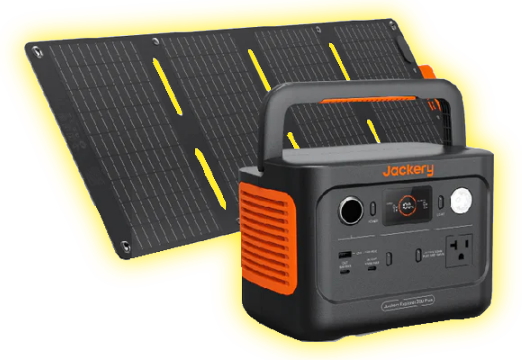texas
TEXAS OFF-GRID GUIDE
Essential Feasibility and Regulatory Information for Permanent, Self-Sufficient Living.
1. Is It Legal? Texas Off-Grid Status
Texas is generally favorable towards self-sufficiency, offering a legal framework that supports renewable energy. However, building a permanent off-grid home depends almost entirely on strict adherence to local county and municipal codes, primarily concerning health and safety.
✓
Rainwater Harvesting Allowed (State Law)
⚠️
Check Local Minimum (Dwelling Size Risk)
$
Federal Tax Credit Applies (30% ITC)
2. Financial Incentives & Cost Reduction
-
Federal ITC (30% Tax Credit): Applies to the entire cost of the solar array and all battery storage installed through 2032.
-
Property Tax Exemption: Solar equipment increases home value, but this added value is 100% exempt from property tax assessment in Texas.
-
Local Rebates & Incentives: Check with local utilities (like Austin Energy, AEP) for equipment rebates that can lower upfront costs.
3. MANDATORY Legal & Permit Hurdles
-
ZONING & DWELLING: Your land must be zoned for residential use. You must confirm the local minimum square footage for a permanent home.
-
WASTE & WATER: Separate permits are mandatory for **septic/waste disposal** and **potable water sources** (well or cistern). These are the most common occupancy blockers.
-
SOLAR ELECTRICAL: The off-grid system and battery bank must pass inspection and comply with the **National Electrical Code (NEC).**
4. State Resources
Below you will find a few resources that we hope will help you learn more about solar in Texas:

